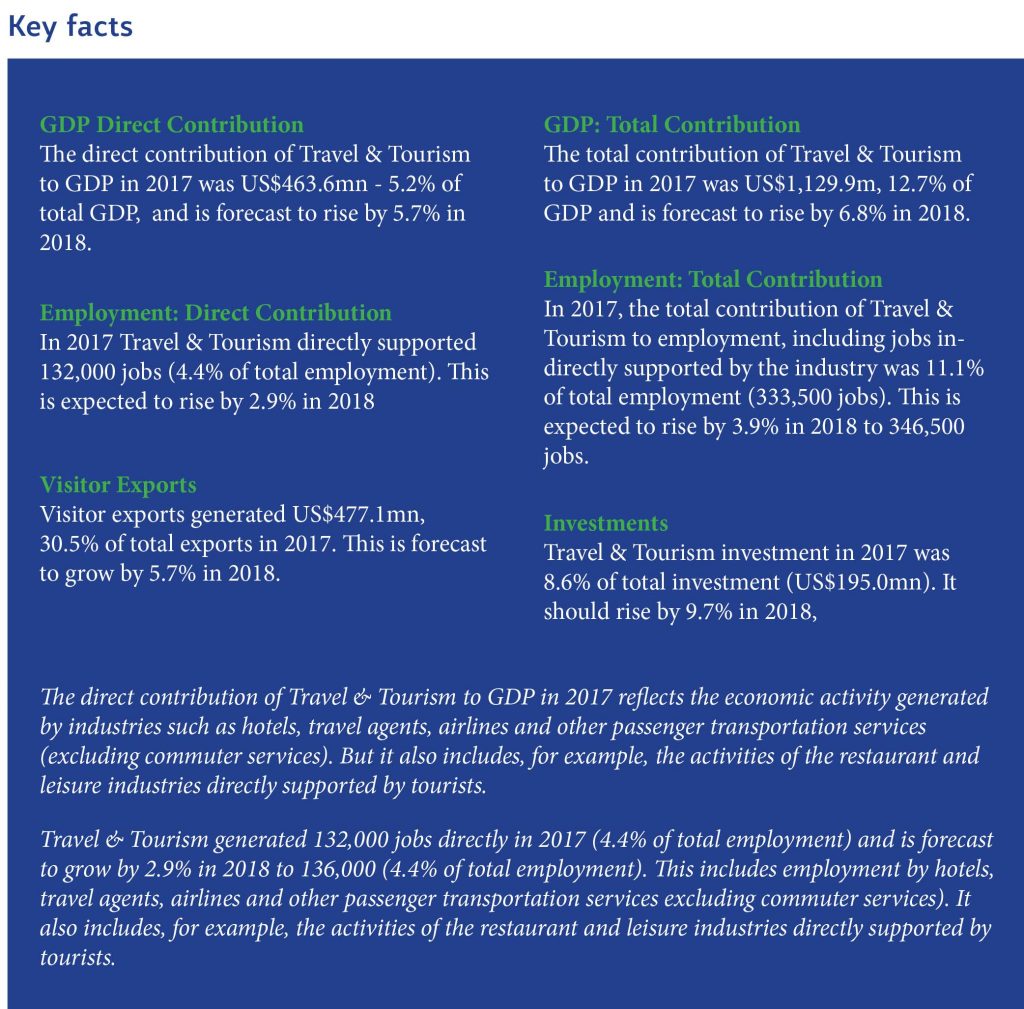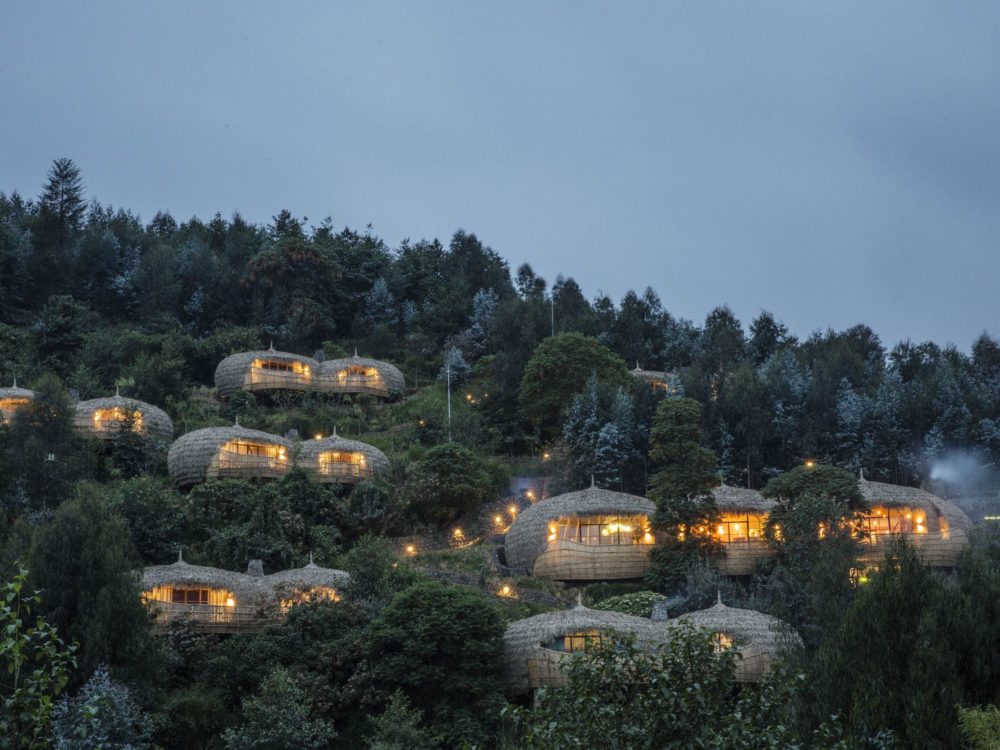Does tourism help alleviate poverty? Tourism expenditure from international visitors in developing countries can stimulate economic activity, infrastructure development and employment.
Data on the Global Tourism Dashboard (http://tourismdashboard.org/explore-the-data/poverty-alleviation/) show how tourism expenditure from international visitors in developing countries can catalyse the economy.
Rwanda is a case in point. Tourism in Rwanda is rapidly increasing. In 2010, 666,000 tourists visited the country which resulted in tourism revenues of $200 million. In 2016 Rwanda welcomed 932,000 visitors (2017 data on visitor arrivals at the time of writing were not available).
In 2010 Direct Employment from Tourism in Rwanda was USb$67,184. In 2015 it increased to $112,815 and by 2017 further increased to $132,207. Rwanda’s tourism Export Value, ie, the amount of money spent by visitors to Rwanda in 2010 was USb$223. In 2017 it more than doubled, increasing by 114% to USb$477.
Since the 1994 genocide which left a million dead and an entire country shaken to its core, Rwanda has flourished. It now has mandatory education and universal health care. The country has also legislated gender equality and claims more women in Parliament than any government in the world.
Tourism has pushed past coffee to become the country’s top foreign exchange earner. In the capital of Kigali, a futuristic new convention center is part of the government’s plan to frame the centrally located city as a major business hub. Marriott International Inc. and Radisson Blu have opened 200-plus-room hotels to accommodate the influx.
Rwanda has emerged as the high-end gorilla trek experience. The Virunga Mountains along the northern border of Rwanda are home to more than half the area’s 880 endangered mountain gorillas and draw visitors from across the globe.Wilderness Safaris,, one of the top ecotourism companies in Africa, opened Bisate Lodge near Volcanoes National Park in June. Faith in the area is so strong that two more premium names, Singita and One & Only Resorts, are opening properties near the park in 2018 and 2019, making Rwanda a new seat of luxury tourism.
Two decades ago the idea for anyone creating tourism in Rwanda was met with derision; gorilla treks were done by military convoy and because there weren’t any banks everything had to be paid for in cash. But in 2004, Praveen Moman, owner of Volcanoes Safaris and one of the pioneers in the area, gambled with what became the first luxury accommodations in the area, Virunga Lodge, and watched as more visitors came, helping the gorillas transition from a species under constant threat to one revered as a national icon.
“The gorillas symbolize the rebirth of Rwanda as a whole,” Moman says. As ecotourism proved a sustainable model in the Virungas, former poachers began to work as gorilla trackers, locals got jobs as porters and guides, and funds from the increasingly popular treks were funneled to the nearby farmers. Along with the price hike in permits, the government has doubled the amount going to rural communities, from 5% to 10%.
The government is now becoming focused on keeping tourists here once they arrive. Visitors get a 30% permit discount if they stay six nights in the country, and there is so much more to see.
Once dismissed by guidebooks as “nothing much to see here,” Kigali has the vibrancy of a bustling 21st century Africa. Multiple carriers fly into Kigali International Airport and travel to and around this tiny landlocked country has become easier than ever. Rwanda has also been recognised as one of the world’s safest countries. According to the World Economic Forum’s report in 2017, Rwanda ranked as the 9th safest country in the world, putting it several places ahead of countries like Portugal, New Zealand, Austria, and the Netherlands.
In 2014 Rwanda Development Board (RDB) introduced the Rwanda MICE (Meetings, Incentives, Conferences and Exhibitions) strategy with the intention of strengthening the tourism industry. To date, the country has hosted thousands of regional and international guests who go on to visit several tourism destinations across the country—consequently leaving behind a significant share of their finances into the national GDP. While leisure tourism remains a vital part of the national tourism strategy, business tourists have been shown to spend up to three times more than leisure visitors, RDB says. Meanwhile, as tourism burgeons, so does the economy. Rwanda has been awarded World Travel & Tourism Council’s (WTTC) first Global Leadership Award in recognition of the remarkable progress the country has made in the tourist sector.
 To find out other interesting facts about tourism, poverty alleviation and sustainability, go to the Global Sustainable Dashboard: www.tourismdashboard.org
To find out other interesting facts about tourism, poverty alleviation and sustainability, go to the Global Sustainable Dashboard: www.tourismdashboard.org
Information courtesy of Global Sustainable Tourism Dashboard , WTTC and Blomberg
